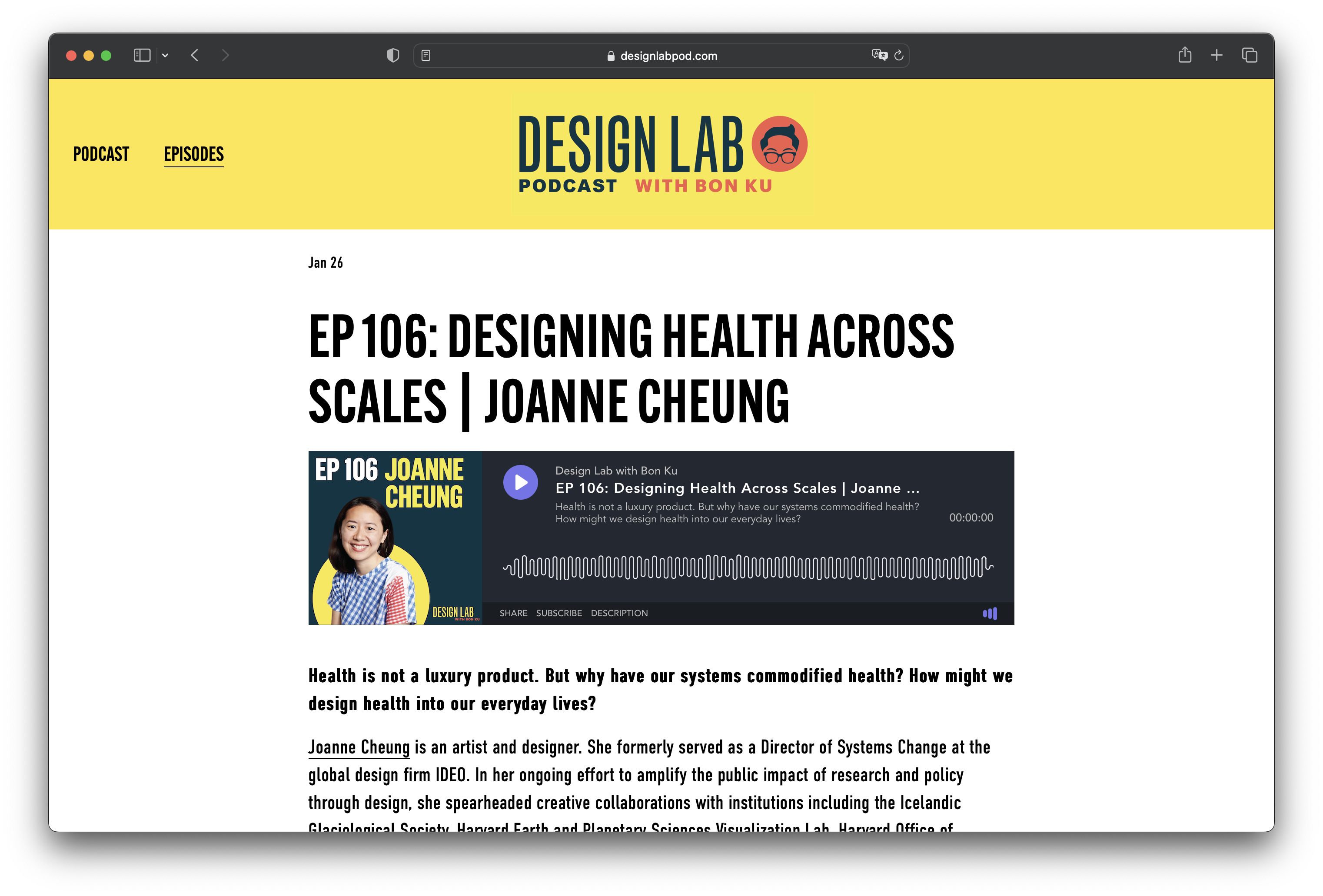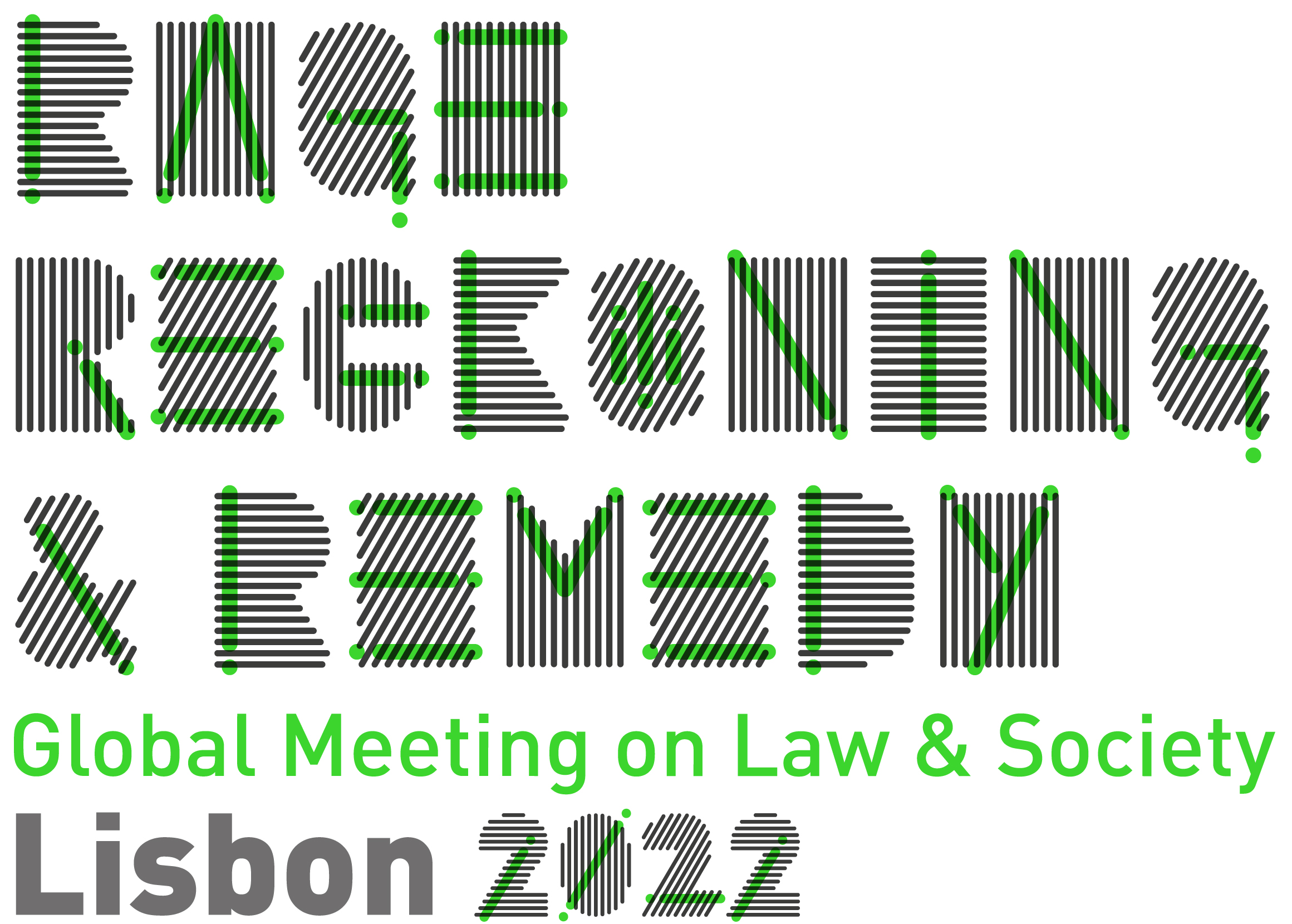Cities Book of Play
Journey with Purpose Podcast, July 2023
Joanne joined Randy Plemel on the Journey with Purpose podcast to discuss community engagement and participatory democracy.
Annual Meeting on Law & Society
Law & Society Association, Law & Political Economy Collaborative Research Network, June 2023
Joanne served on the Law & Political Economy Collaborative Research Network program committee and as Chair for the Law and Political Economy of Colonialism, Racism, and Nationalism panel and participant in the Digital Platforms and Technological Change panel.
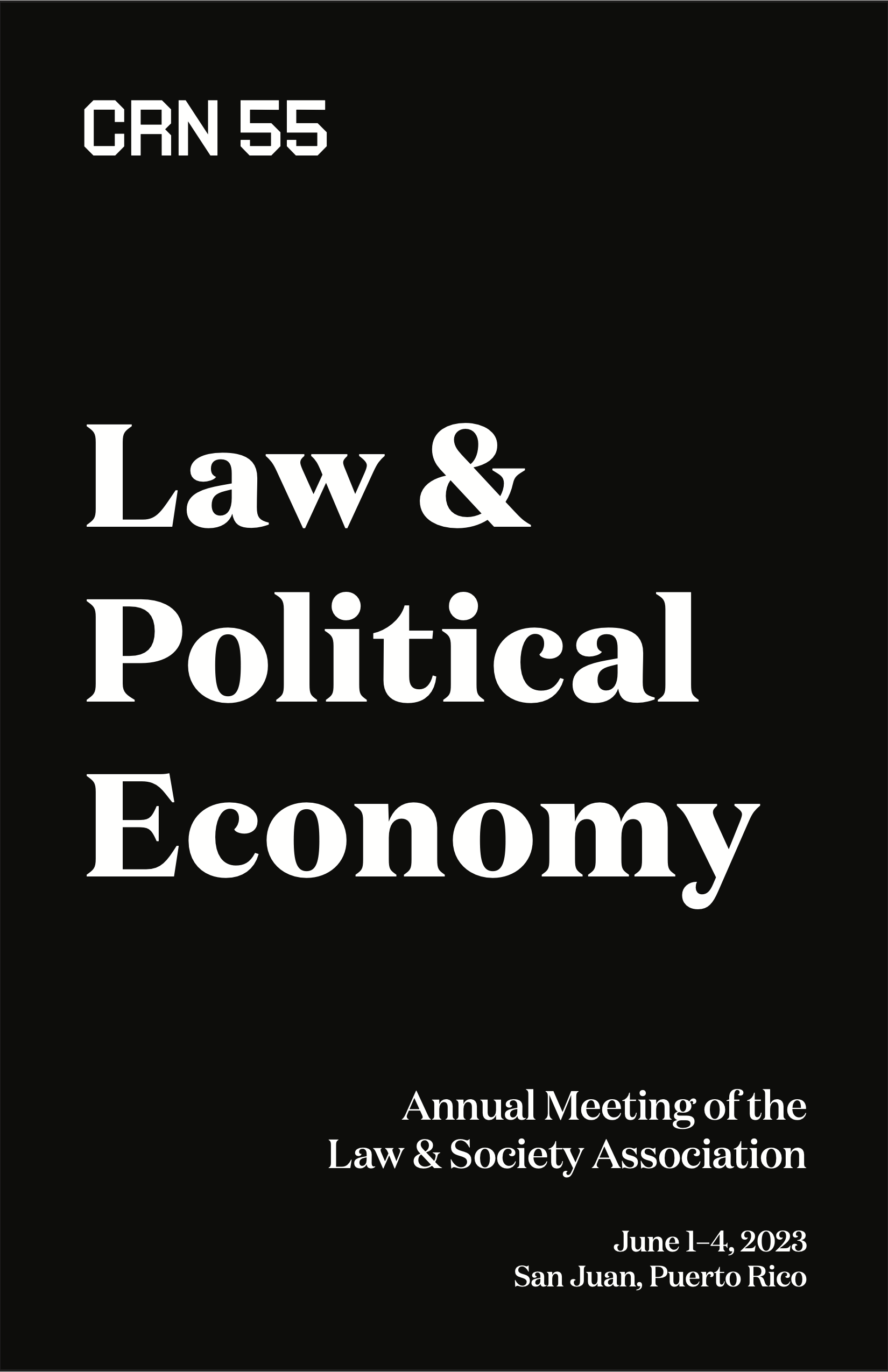

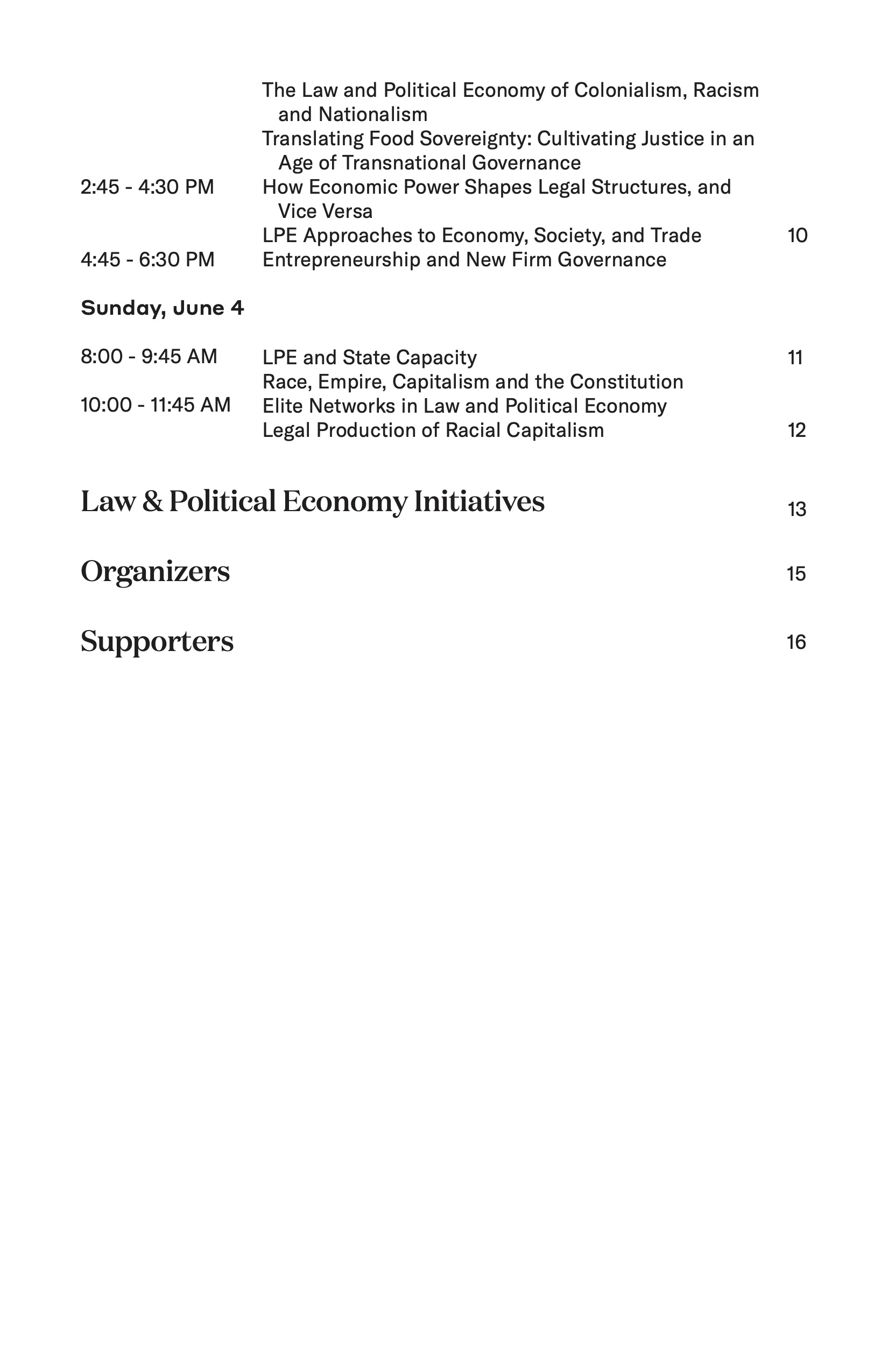
Systems Storytelling Convening
Collective Change Lab & Rockefeller Foundation Bellagio Center, March 2023
How can we tell systems change stories that are more reflective of how change really happens ?
Designing Health Across Scales
Design Lab Podcast with Bon Ku, January 2023
Health is not a luxury product. But why have our systems commodified health? How might we design health into our everyday lives?
Book Release: Venice and the Anthropocene
Wetland Books, October 2022
Joanne’s contribution to the book is titled “Water and Architecture in the Anthropocene”, an output from her participation in Anthropocene Campus Venice 2021.
About the book:
What does Venice look like when observed from the perspective of climate change, environmental collapse, and human-animal relations in an age of industrialization and mass extinction? That is, as a privileged observatory of the Anthropocene?
This guide, composed of several voices, forms a new, illuminating and disturbing mosaic of Venice and its Lagoon. What does the Venetian School of Painting tell us about our relationship with the environment and animals? What do peripheral places in the Lagoon like Porto Marghera and Pellestrina reveal about the advent and impact of modernity? What stories of extinction lie behind local delicacies like baccalà mantecato? What does the centuries-old relationship of Venetians with water tell us about other cities threatened by an increasingly hostile climate?
The guidebook, accompanied by a map, is intended as a tool for learning about the city in a new way. Venice emerges here as a unique ecosystem at risk, but also as a key to understanding our increasingly vulnerable world.
About the book:
What does Venice look like when observed from the perspective of climate change, environmental collapse, and human-animal relations in an age of industrialization and mass extinction? That is, as a privileged observatory of the Anthropocene?
This guide, composed of several voices, forms a new, illuminating and disturbing mosaic of Venice and its Lagoon. What does the Venetian School of Painting tell us about our relationship with the environment and animals? What do peripheral places in the Lagoon like Porto Marghera and Pellestrina reveal about the advent and impact of modernity? What stories of extinction lie behind local delicacies like baccalà mantecato? What does the centuries-old relationship of Venetians with water tell us about other cities threatened by an increasingly hostile climate?
The guidebook, accompanied by a map, is intended as a tool for learning about the city in a new way. Venice emerges here as a unique ecosystem at risk, but also as a key to understanding our increasingly vulnerable world.
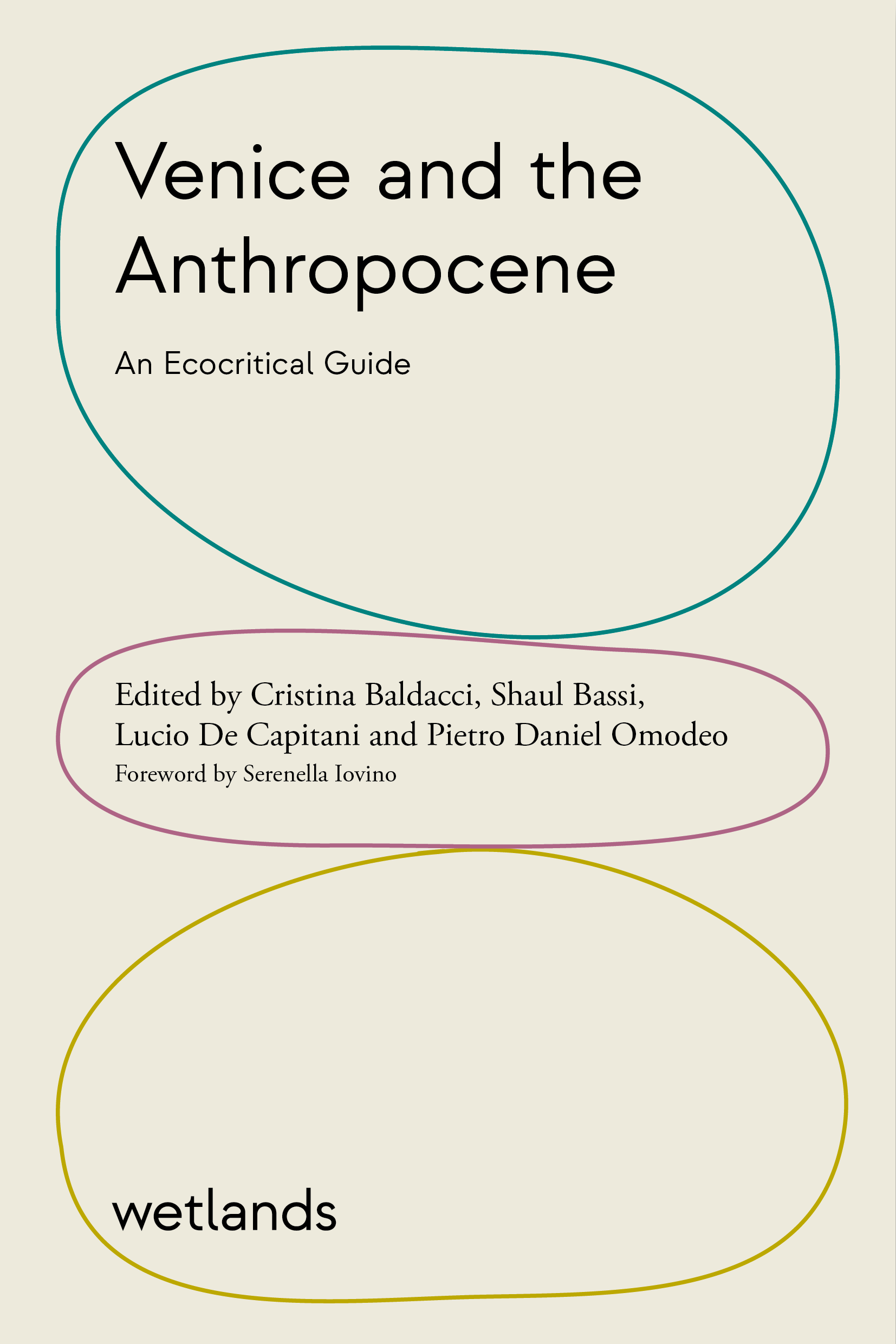
Cover image courtsey of Wetlands Books
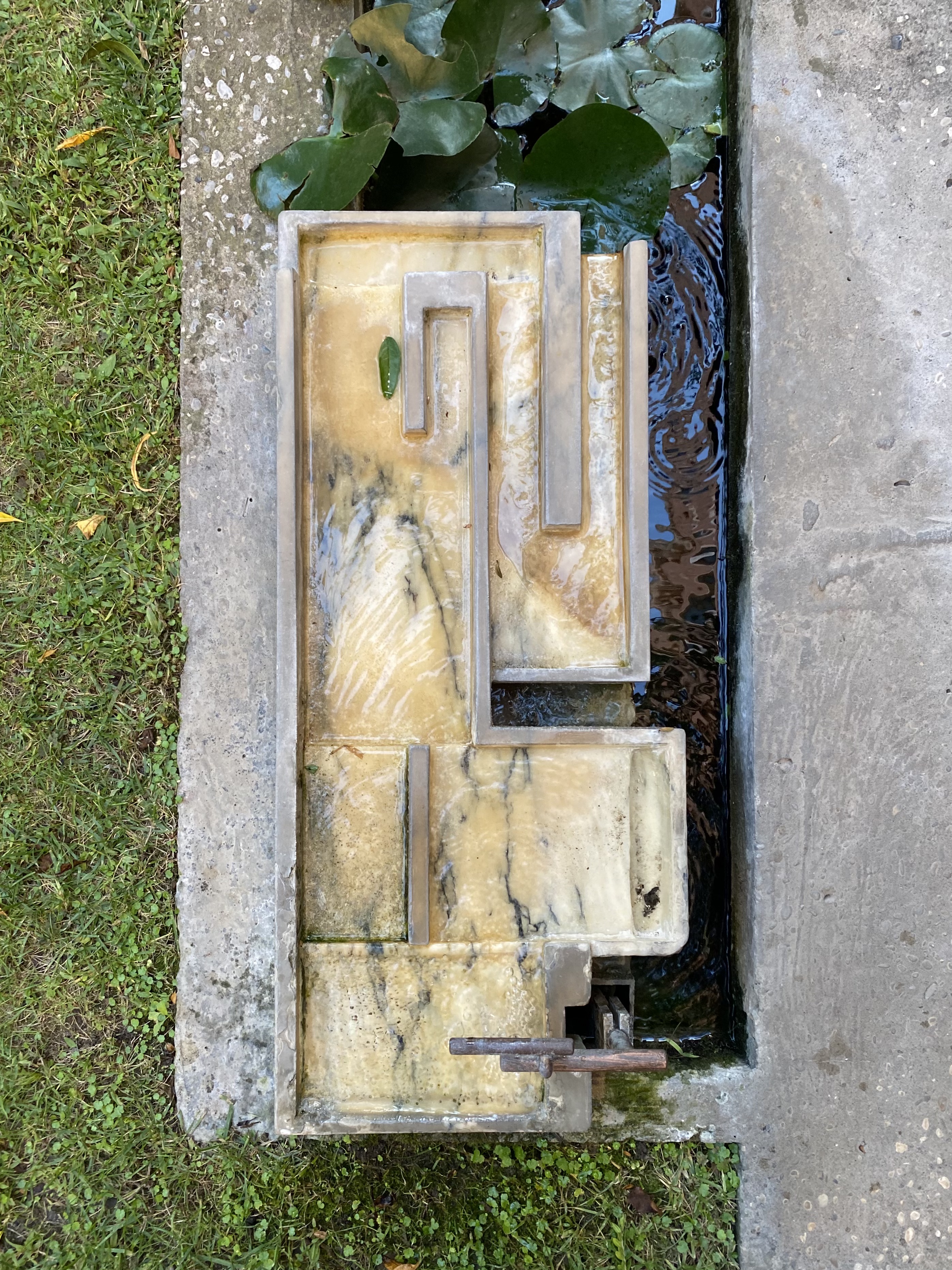
Photograph by Joanne Cheung
Global Meeting on Law & Society
ISCTE University Institute of Lisbon, July 2022
Joanne served as Chair and Discusssant for the Land and Housing Reform panel and presented in Law and Political Economy of Digital Transformation panel.
About the conference:
In these times, a shifting world is upon us—one that demands a close examination of equality, freedom, and humanity. At the center of that critical examination are issues of race, colonialism, and the legacies of slavery. As communities demand an end to racial inequality, the urgency to grapple with the pains and realities of the past comes front and center.
While the history of slavery has been robustly centered in the United States, in reality, these global enterprises flourished the world over, creating human subjects and chattel of men, women, and children, in North America, South America, the Caribbean, the Pacific Islands, Australasia and other lands. Portuguese ships alone carried millions of Africans into slavery over a period of four centuries from the mid-15th century.
Even after slavery’s formal abolition, colonization became a rebranded form of human subjugation and subordination, seen vividly through the lenses of Europe’s imperial reaches into Asia and Africa, a precursor for modern forms of slavery and the predatory ways in which modern societies exploit the non-human environment. The violence and exploitation that resulted remains a point of social, legal, cultural and even ecological trauma today.
The 2022 Global Law and Society Meeting in Portugal places these urgent issues at the forefront of our engagement, drawing upon law, history, art, sociology, psychology, politics and culture to give serious attention to the past, while drawing lessons and hope for the future.
The Tower and the Park
Harvard Berkman Klein Center for Internet & Society, May 2022






















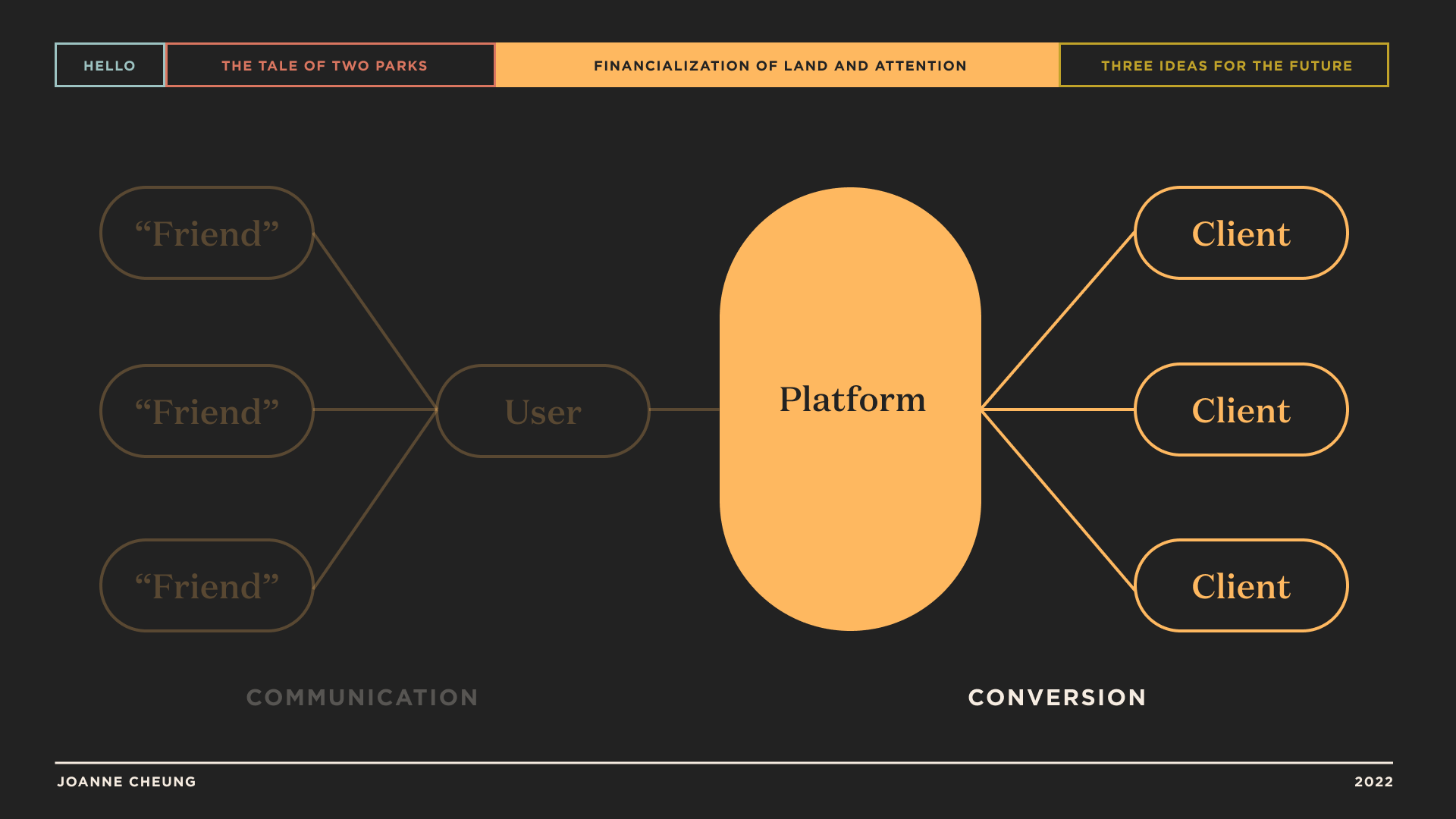












Video Recording
Zuccotti Park, the site of Occupy Wall Street, and One Liberty Plaza, the multi-billion-dollar tower, represent a complex power play between public and private interests. In the digital realm, social media grapples with a similar contention: social networks would not exist without platform businesses and yet their public benefits are at odds with the drive for private profit.
At this special Berkman Klein Center Luncheon, Joanne Cheung discussed her research and open access article Real Estate Politik: Democracy and the Financialization of Social Networks, which emerged from the Berkman Klein Ethical Tech Working Group and was originally published in a special issue of the Journal of Social Computing, "Technology Ethics in Action: Critical and Interdisciplinary Perspectives" (Part 1, Part 2).
Cheung argues that “social networks are privately owned public spaces caught between the misaligned incentives of public good and private profit” and that their business models perpetuate historical inequities.
Cheung’s article also explores the structural problems with social media from the perspective of land use. She compares the financialization of attention by platforms with the financialization of land by commercial real estate development—and explores activist land use models for public interest technology.
This event, moderated by James Mickens, included a presentation of Cheung’s work and an open dialogue and participatory brainstorm session where audiences and speakers co-imagined how we collectively move from idea to action.




